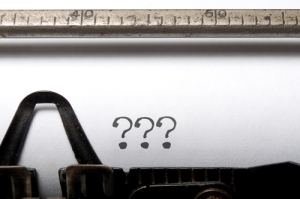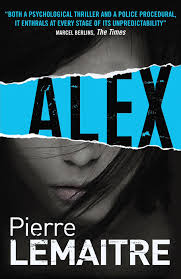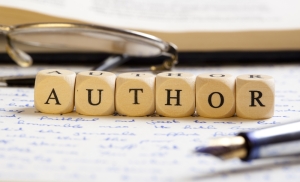


Like many writers I have a playlist of songs that I write to, but sometimes it’s not just the music that inspires me, sometimes it’s the lyrics. I’m not going to debate the literary merits of song lyrics over literary poetry; to me they are the same. They convey and express emotions, they tell a story and they inspire. I remember the first time I heard John Lennon’s Imagine I was so moved and by his words and still am today. So I thought I’d share some of my favourites.
Robbie Williams “Angels “
I sit and wait
Does an angel contemplate my fate
And do they know
The places where we go
When we’re grey and old
‘cos I have been told
That salvation lets their wings unfold
So when I’m lying in my bed
Thoughts running through my head
And I feel that love is dead
I’m loving angels instead
Live “The Beauty Of Gray”
If I told you he was your brother
We could reminisce
Then you would go about your day
If I said you ought to give him some of your water
You’d shake your canteen and walk away
The perception that divides you from him
Is a lie
For some reason you never asked why
This is not a black and white world
You can’t afford to believe in your side
This is not a black and white world
To be alive
I say that the colours must swirl
And I believe
That maybe today
We will all get to appreciate
The Beauty of Grey
U2 “one”
Did I disappoint you
Or leave a bad taste in your mouth
You act like you never had love
And you want me to go without
Well it’s…
Too late
Tonight
To drag the past out into the light
We’re one, but we’re not the same
We get to
Carry each other
Carry each other
One…
James Taylor “Fire and Rain”
I’ve seen fire and I’ve seen rain
I’ve seen sunny days that I thought would never end
I’ve seen lonely times when I could not find a friend
But I always thought that I’d see you again
Bob Dylan “One Too Many Mornings”
Down the street the dogs are barking
And the day is getting dark.
As the night comes in a-falling,
The dogs´ll lose their bark
And the silent night will shatter
From the sounds inside my mind,
For I´m one to many mornings
And a thousand miles behind.
From the crossroads of my doorstep,
My eyes they start to fade,
As I turn my head back to the room
Where my love and I have laid….
Harry Chapin “Cats In The Cradle”
My child arrived just the other day
He came to the world in the usual way
But there were planes to catch and bills to pay
He learned to walk while I was away
And he was talkin’ ‘fore I knew it, and as he grew
He’d say “I’m gonna be like you, Dad
You know I’m gonna be like you”
And the cat’s in the cradle and the silver spoon
Little boy blue and the man on the moon
When you comin’ home, Dad
I don’t know when, but we’ll get together then
You know we’ll have a good time then
My son turned ten just the other day
He said, “Thanks for the ball, Dad, come on let’s play
can you teach me to throw”, I said “Not today
I got a lot to do”, he said, “That’s ok
And he walked away but his smile never dimmed
And said, “I’m gonna be like him, yeah
You know I’m gonna be like him”
And the cat’s in the cradle and the silver spoon
Little boy blue and the man on the moon
When you comin’ home, Dad
I don’t know when, but we’ll get together then
You know we’ll have a good time then
Well, he came from college just the other day
So much like a man I just had to say
“Son, I’m proud of you, can you sit for a while”
He shook his head and said with a smile
“What I’d really like, Dad, is to borrow the car keys
See you later, can I have them please”
And the cat’s in the cradle and the silver spoon
Little boy blue and the man on the moon
When you comin’ home son
I don’t know when, but we’ll get together then, Dad
You know we’ll have a good time then
I’ve long since retired, my son’s moved away
I called him up just the other day
I said, “I’d like to see you if you don’t mind”
He said, “I’d love to, Dad, if I can find the time
You see my new job’s a hassle and kids have the flu
But it’s sure nice talking to you, Dad
It’s been sure nice talking to you”
And as I hung up the phone it occurred to me
He’d grown up just like me
My boy was just like me
And the cat’s in the cradle and the silver spoon
Little boy blue and the man in the moon
When you comin’ home son
I don’t know when, but we’ll get together then, Dad
We’re gonna have a good time then






















